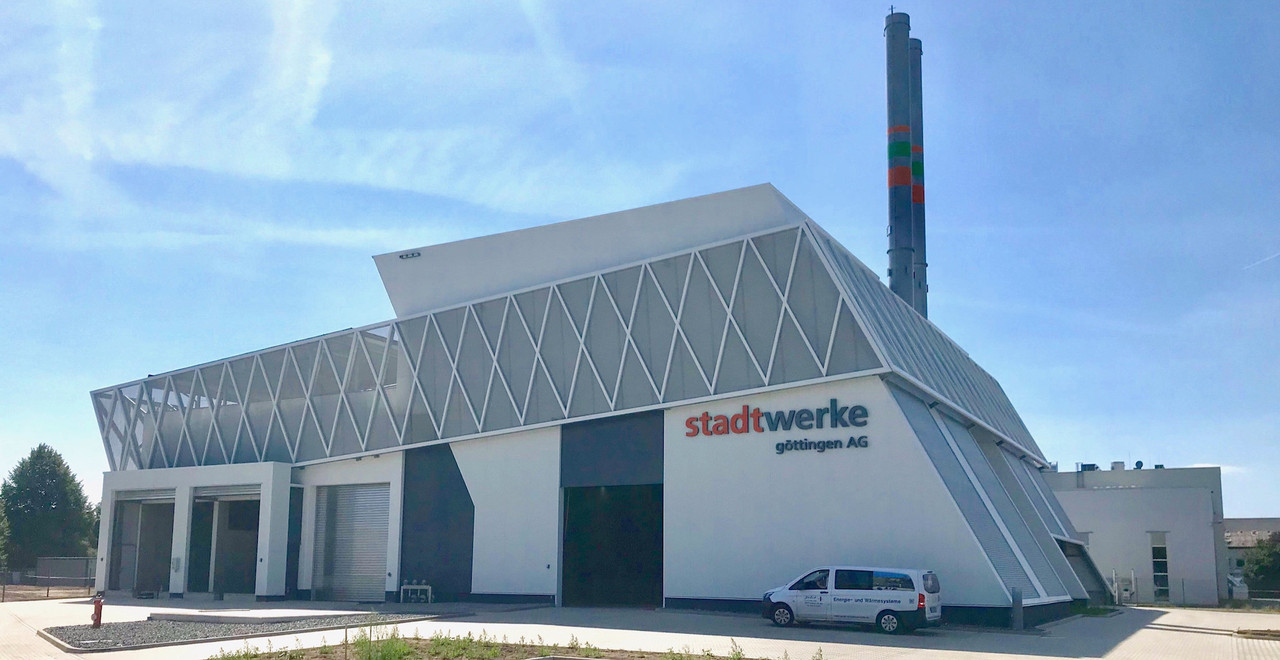"We don't have time to go to COP26. We went to COP23, but now it's not about lobbying politicians, but about staying focused on our technologies," says Boson Energy's communications director, Heike Carl Zatterstrom. Yet it was in the midst of COP26 that the Grevenmacher-based cleantech company decided to explain how its solution could reduce CO2 emissions by 25% if it were supported by more players than just Bertrand Piccard's Solar Impulse Foundation.
In a few weeks, the pilot plant will produce hydrogen from non-recyclable waste in Göttingen, Germany, in collaboration with Siemens. Boson Energy has also signed an agreement with one of the biggest recycling players in northern Europe, a European oil company and one of the biggest players in the steel sector.
In addition to the company's ten projects prioritised by the European Commission, Boson has set itself the goal of producing one million tonnes of hydrogen by 2030. With one special feature: to produce it near where waste is managed today, not in the middle of the North Sea or the Moroccan desert. All this while eliminating nitrogen oxide.
"If you look at the incinerator fleet," says Zatterstrom, "the vast majority of them are more than 20 years old and we will have to think seriously about replacing them. However, if 200,000 to 300,000 tonnes of this waste are produced in Europe, a production unit with our technology needs 35,000 tonnes to reach its full potential.”
And this full potential can be expressed quite easily: with 1 MW of electricity, 17 kilos of hydrogen can be produced. With one tonne of waste, 10 kilos will be generated. But when combining the megawatt and the tonne, Boson's technology can produce 100 kilos of hydrogen.
Incinerators complement the production of solar or wind power plants. For the moment, they are asked not to produce 1,000 hours per year, a figure that could rise to 2,000 or 3,000 hours per year, out of 8,000 at the rate of new wind turbine or solar panel installations. This makes the business model rather unprofitable. Zatterstrom mentions the figure of €15 to €20 per tonne, compared to €150 for the Luxembourg technology.
After having raised €25m since its inception--"We are well supported by the Ministry of the Economy”--, Boson Energy is finalising a €10m round of financing which will be followed, before next summer, by a €100m round intended to boost the growth of the small Luxembourg cleantech. Boson was founded by a Swedish cleantech entrepreneur, Jan Grimbrandt, and a renowned professor, Wlodzimierz Blasiak.
Green hydrogen will soon be on the rise, so it's well worth stepping on the gas.
This story was first published in French on . It has been translated and edited for Delano.
